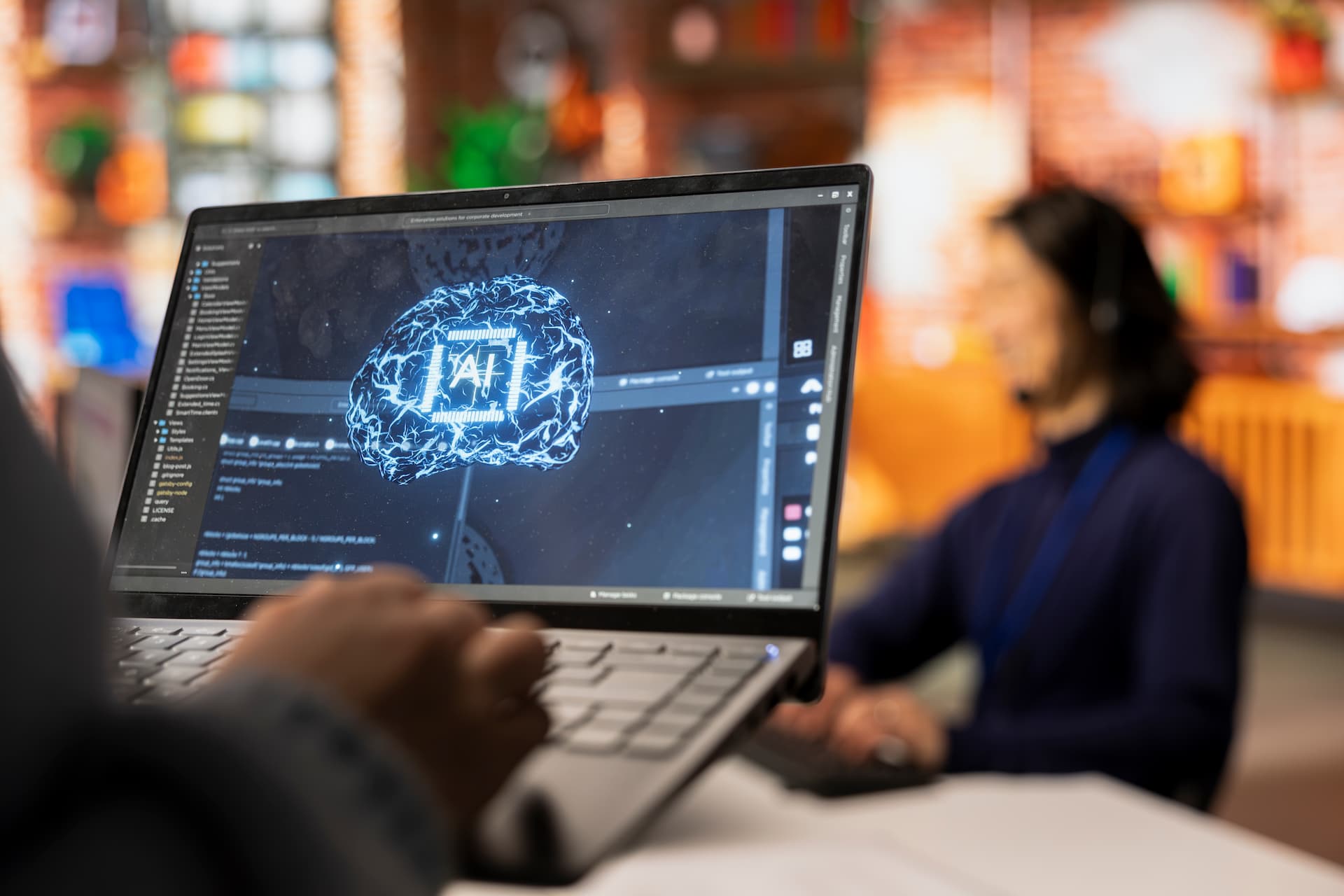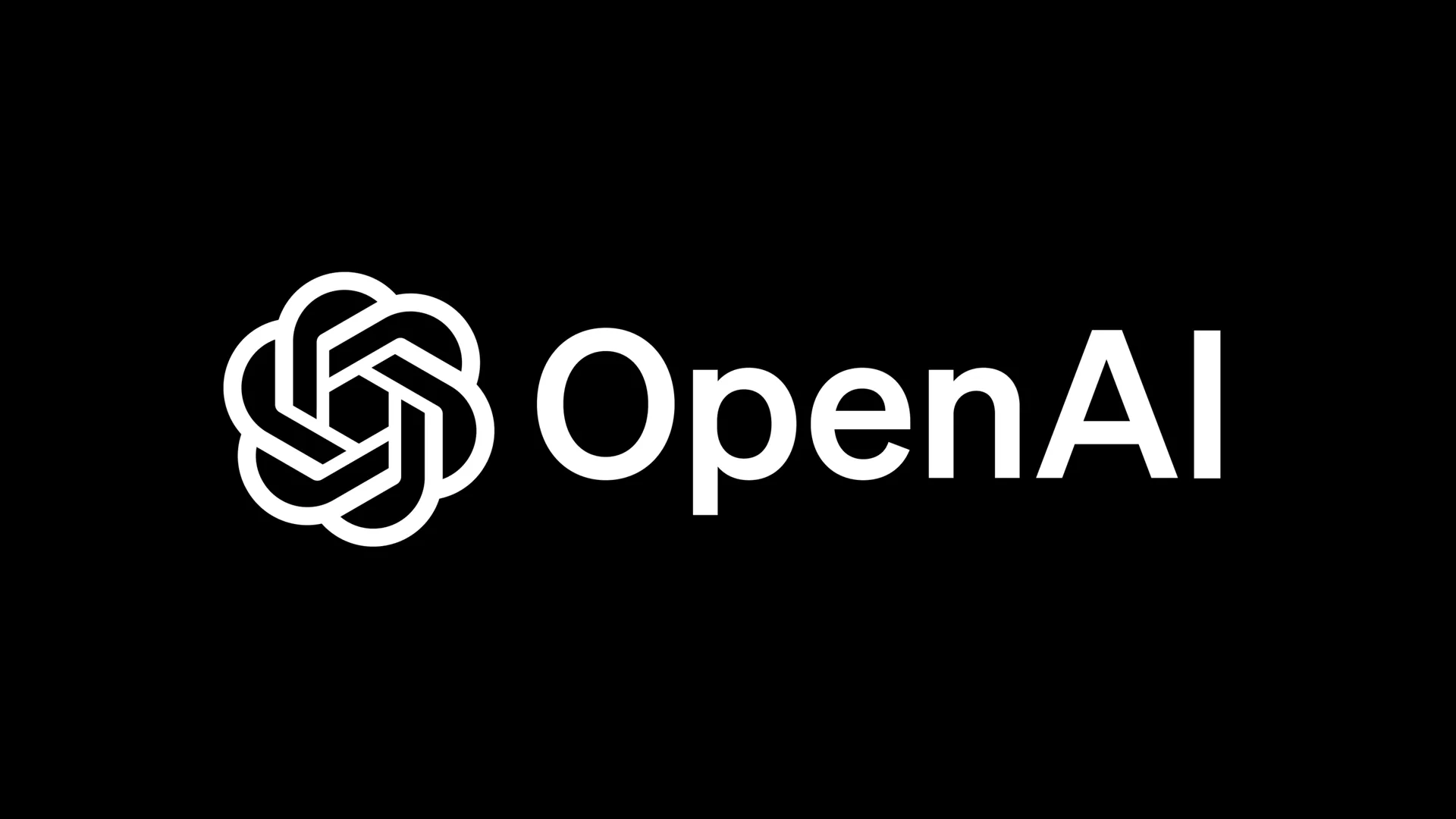Governments are facing increased pressure to govern AI effectively, prompting calls for continuous institutional learning. Researchers argue that the public sector must develop adaptive capacity to keep pace with rapid technological change.
Past digital reforms often stalled because administrations focused on minor upgrades rather than redesigning core services. Slow adaptation now carries greater risks, as AI transforms decisions, systems and expectations across government.
Experts emphasise the need for a learning infrastructure that facilitates to reliable flow of knowledge across institutions. Singapore and the UAE have already invested heavily in large-scale capability-building programmes.
Public servants require stronger technical and institutional literacy, supported through ongoing training and open collaboration with research communities. Advocates say that states that embed learning deeply will govern AI more effectively and maintain public trust.
Would you like to learn more about AI, tech and digital diplomacy? If so, ask our Diplo chatbot!










